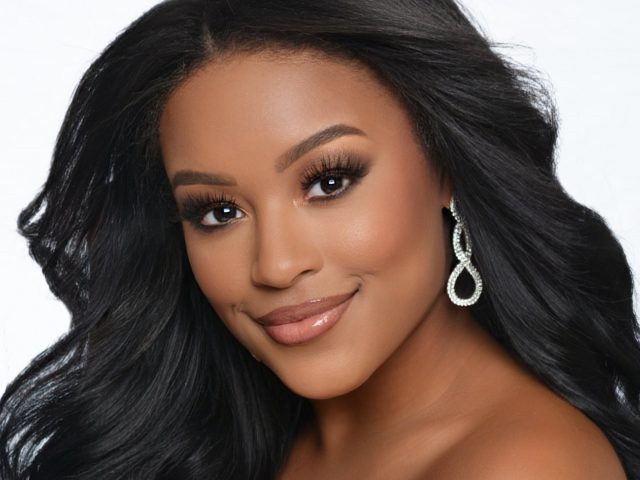Equality is one of One Love’s 10 Signs of a Healthy Relationship. When you have equality in your relationship or friendship, it feels balanced and like everyone is putting the same effort into the success of the relationship. Equality can be challenging to practice, especially when you and your partner or friend come from different backgrounds or hold different identities.
Getting to know someone new means being introduced to their needs and wants, and helping them learn ours. If you hold identities different than your partner or friend—whether that’s being a different race, gender, sexual orientation, socioeconomic status or ability—it’s important to recognize and acknowledge how these differences impact the way you’re each perceived and received by the world around you. Entering into a relationship with a new friend or partner is an agreement to celebrate who they are, while acknowledging their unique challenges and strengths, and a commitment to hold them as an equal in the context of your relationship.
How Can You Practice Equality in Your Relationships?
- Lift up the things your partner or friend does to show you they care. A thank you can go a long way. Often, these are the behaviors that make them feel seen and supported too! Maybe your partner is always the one planning your date nights—next time, offer to take the reins. Even if it’s outside your comfort zone or usual repertoire, putting in the effort helps them see that you value them and their contributions to your relationship.
- Reflect on your assumptions and acknowledge your privilege. If you hold privileged identities, be accountable to recognizing the ways in which the world is built for you and leaves others out. If your friend is Deaf and you aren’t, are you making an effort to learn sign language, or expecting them to conform to your way of communicating? Be aware of the differences in access or circumstance in your relationship and own your part in bridging the gap (in your relationship and the world!).
- Meet them halfway. Even in the healthiest relationships, people’s desires can clash. In these cases, try to negotiate a compromise that incorporates both people’s needs and does not cross any boundaries. If your partner is a texter and you’re not, discuss ways you can both feel supported and like you’re getting the communication you want. On your part, it may take increased effort to read and respond in a timely manner. On your partner’s, it may mean exercising patience and saving some jokes or stories for when you two see each other in person.
- Maintain balance. There are going to be times when one person in the relationship needs more support than the other—whether it’s a bad day, a longer-term hardship, or the ongoing impact of existing within a marginalized community. It’s okay to put your stuff on the back burner to be there for someone else—but be aware of how often you’re sacrificing and remember that you can be championing your own needs, too.
A healthy relationship is like a well-balanced scale; though it may tip one way or the other, you and your partner or friend should be able to rely on one another to right it. Remember that the other person sees the world through their own lens and may not be as aware of your wants and needs as you are. If something feels off, or you’re noticing continual imbalance in an area of your relationship, try asking for what you need or starting a dialogue with your partner or friend.
_
Written by Sheridan Riolo, One Love Senior Engagement Manager
Browse by Category

Don’t Be on the Naughty List: Spotting Unhealthy Relationship Signs This Holiday Season
The holidays are meant for joy, connection, and celebration—whether it’s Christmas, Hanukkah, Kwanzaa, or cozy winter vibes. But if someone…
How to Have Healthy Holiday Conversations with Family (and Prep Your Partner)
The holidays are a time for family, good food, and—let's…
Finding Strength in Our Stories: Domestic Violence Awareness Month
⚠️ Trigger Warning: This blog includes content and language related…
Understanding Domestic Violence Awareness Month (DVAM)
October is almost here, and that means it’s time to…
4 Students Share How They Helped a Friend in an Unhealthy Relationship
Watching a friend struggle in an unhealthy or abusive relationship…














